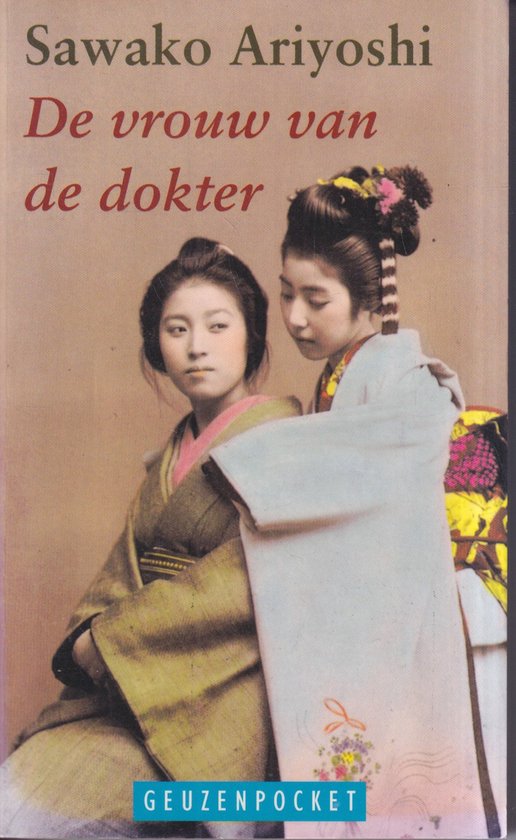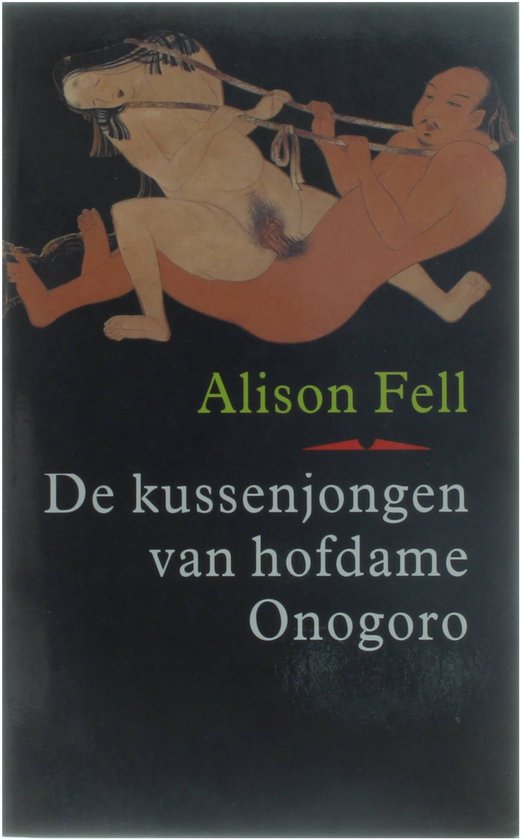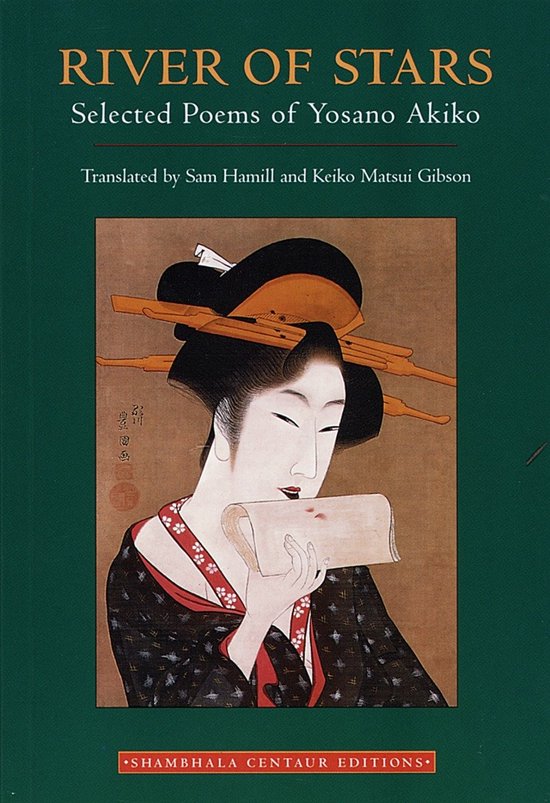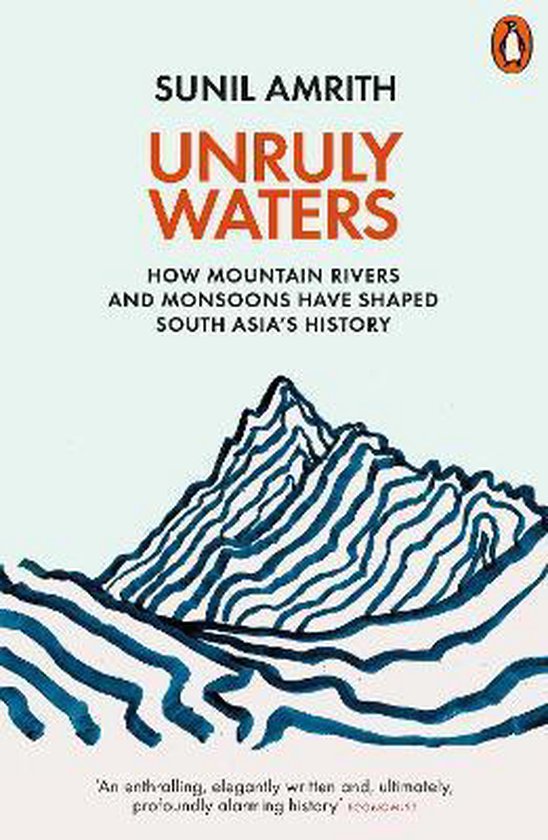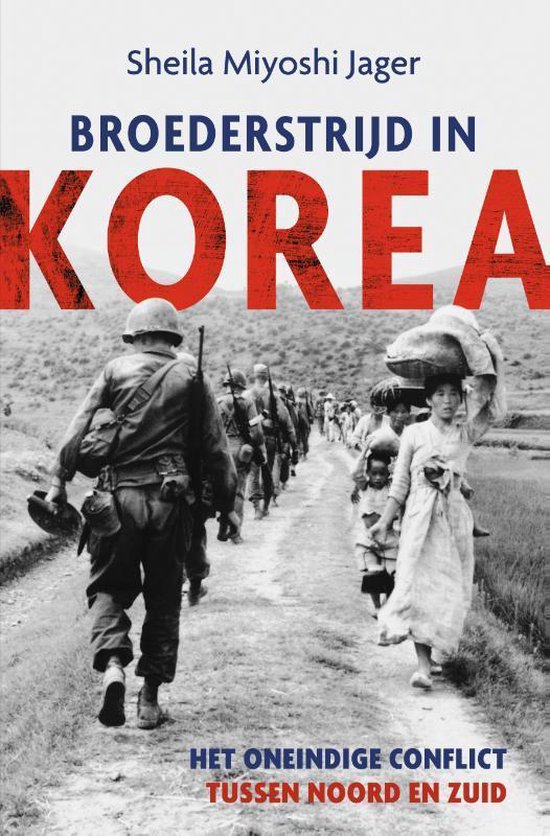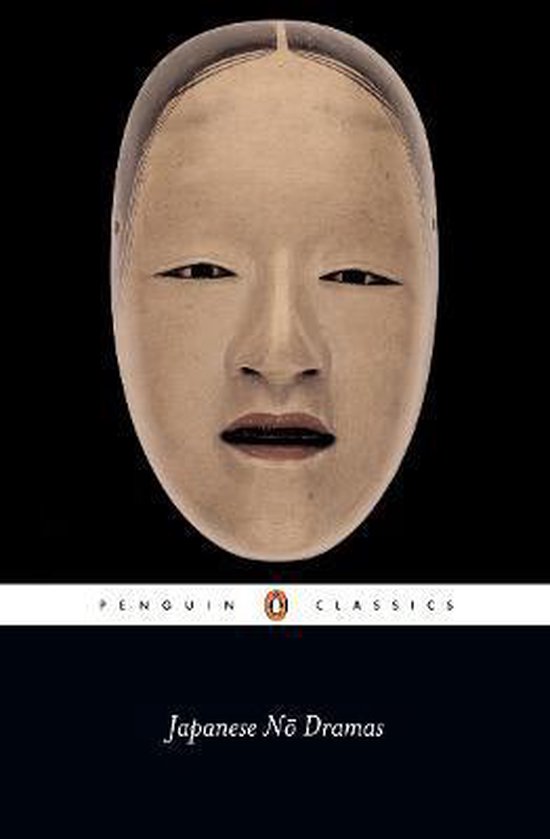
PC Japanese Noh Dramas
"No Plays" are a major contribution to Japanese theatre. These lyric dramas evolved in the 14th century from ritual dances associated with Shinto worship, and their form became fixed in the 17th century. This book looks at this Japanese art form and its influences on Western writers.
Japanese nõ theatre or the drama of 'perfected art' flourished in the fourteenth and fifteenth centuries largely through the genius of the dramatist Zeami. An intricate fusion of music, dance, mask, costume and language, the dramas address many subjects, but the idea of 'form' is more central than 'meaning' and their structure is always ritualized. Selected for their literary merit, the twenty-four plays in this volume dramatize such ideas as the relationship between men and the gods, brother and sister, parent and child, lover and beloved, and the power of greed and desire. Revered in Japan as a cultural treasure, the spiritual and sensuous beauty of these works has been a profound influence for English-speaking artists including W. B. Yeats, Ezra Pound and Benjamin Britten.
Japanese nõ theatre or the drama of 'perfected art' flourished in the fourteenth and fifteenth centuries largely through the genius of the dramatist Zeami. An intricate fusion of music, dance, mask, costume and language, the dramas address many subjects, but the idea of 'form' is more central than 'meaning' and their structure is always ritualized. Selected for their literary merit, the twenty-four plays in this volume dramatize such ideas as the relationship between men and the gods, brother and sister, parent and child, lover and beloved, and the power of greed and desire. Revered in Japan as a cultural treasure, the spiritual and sensuous beauty of these works has been a profound influence for English-speaking artists including W. B. Yeats, Ezra Pound and Benjamin Britten.
| Auteur | | Royall Tyler |
| Taal | | Engels |
| Type | | Paperback |
| Categorie | | Poëzie, Bloemlezingen & Letterkunde |
